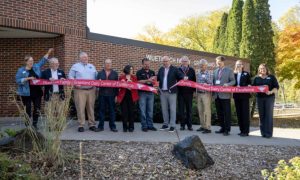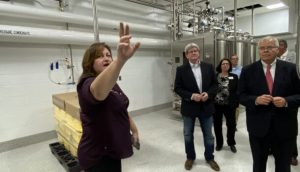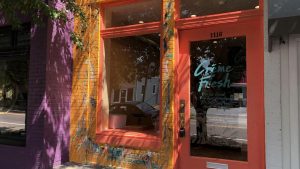
Through a combination of public funding sources and approximately $18 million from private donors connected to Wisconsin’s dairy industry, the University of Wisconsin-Madison recently completed a $72.9 million renovation of the Babcock Hall Dairy Plant.
Babcock Hall houses the university’s Center for Dairy Research (CDR), the Department of Food Science, the Babcock Hall Dairy Plant and the Babcock Hall Dairy Store.
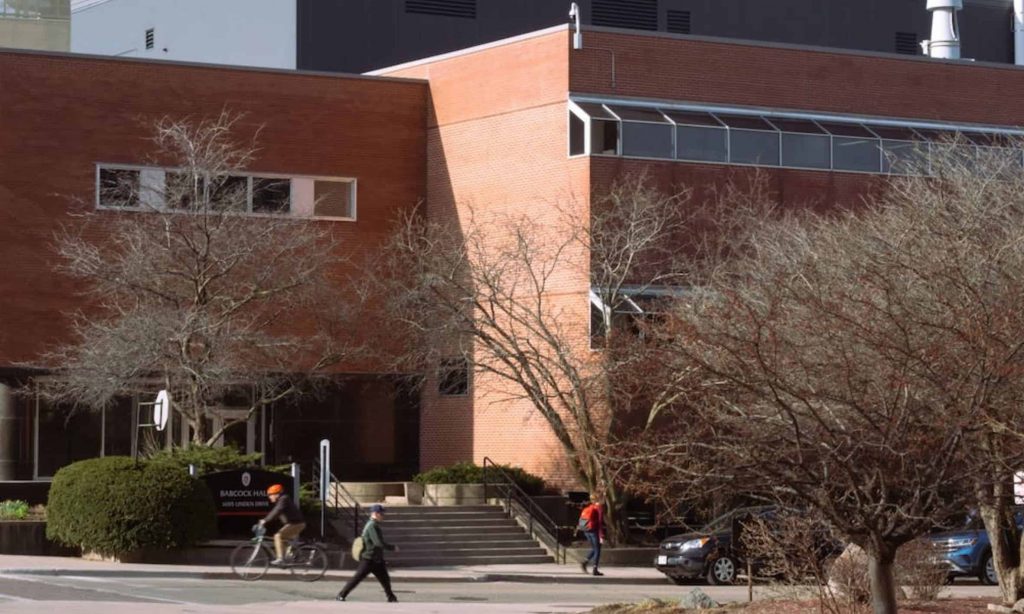
The renovations included a three-story addition to the center, modern cheesemaking and dairy processing machinery, and additional facilities in the building, according to the CDR. Along with the facilities, an updated tasting kitchen and a new lecture space on the first floor of Babcock Hall were installed.
“You can name a dairy product — anything, anywhere in the world — and we can now make it here and do research on it,” said John Lucuy, director of the CDR and professor in the university’s food science department. “We are the largest and the best dairy research unit in the U.S. and one of the best in the world.”
According to the Wisconsin Department of Agriculture, Trade and Consumer Protection, Wisconsin cheesemakers’ products made up a quarter of the nation’s cheese in 2021. Further, dairy processing and farming brings in $45.6 billion yearly in revenue, according to a study from the UW-Madison Division of Extension. Wisconsin’s dairy industry helped fund the renovations, and will directly benefit from future research and development at Babcock Hall, according to Lucuy.
“Our old facility was very outdated,” said Babcock Hall Plant Manager Casey Whytel. “Now, we can make the same products more efficiently.”
The upgraded facilities allow opportunities for both innovation and traditional cheesemaking. For example, a new copper vat on one of the CDR’s research floors will allow for production of traditional alpine cheeses — previously impossible to make and study at Babcock Hall, according to Lucuy.
Along with the copper vat, there are 10 specific bringing rooms for cheese ripening as well as special machinery that processes milk into powder, according to Lucuy. Another new tool is a milk separator that can produce milk products with a specific fat percentage.
“This allows us to create fat-added products — we can produce anything from fat-free milk all the way up to heavy whipping cream,” Whyte said.
An area of future research and innovation is shelf stable milk and dairy products, according to Lucuy.
“Many companies have interest in studying and researching how to bring shelf stable milk to the market,” Lucey said. “Shelf stable milk will not require refrigeration, so [it] will last longer.”
The public opening for the building is from 2 to 4 p.m. on Friday, April 14.
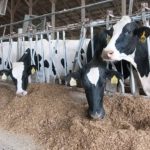
![Peanut Butter Doesn’t Pretend, Unlike Plant-Based Milk [Opinion] 4 Peanut Butter Doesn’t Pretend, Unlike Plant-Based Milk [Opinion]](https://en.edairynews.com/wp-content/uploads/2023/04/Peanut-Butter-Doesnt-Pretend-Unlike-Plant-Based-Milk-Opinion-150x150.jpg)






